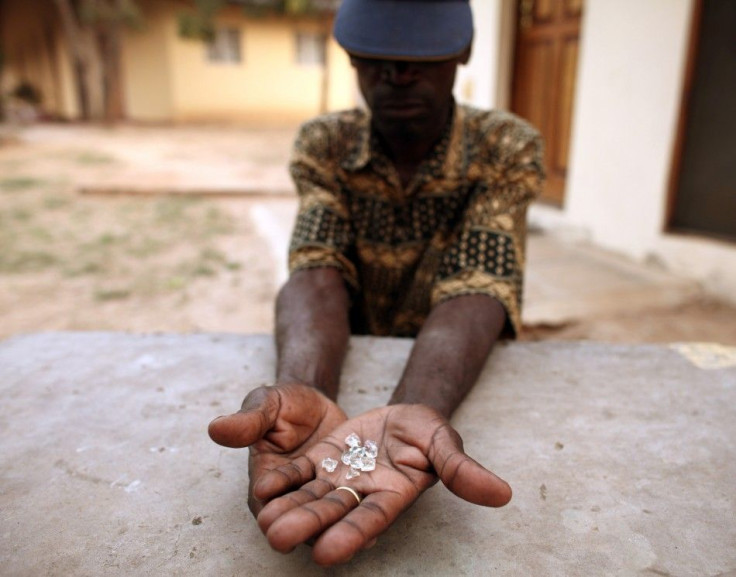Trump Executive Order On Conflict Minerals? Leaked Memo Suggests White House May Remove Ban On US Companies

President Donald Trump is expected to sign off an executive order that will scrap rules aimed at preventing American companies from acquiring “conflict minerals” in the Democratic Republic of Congo and in neighboring countries.
The draft of the executive order circulated inside the administration on Friday afternoon and subsequently obtained by several media outlets asserts that the regulation needs to be scrapped for two years because of an apparent national security risk to the U.S.
The draft proposes that the Conflict Mineral Rule contained in section 1502 of the Dodd-Frank Wall Street Reform and Consumer Protection Act should be suspended by the Securities and Exchange Commission. It argues that there is “mounting evidence” that the rule has “caused harm to some parties in the Democratic Republic of the Congo and have thereby contributed to instability in the region and threatened the national security interest of the United States,” quoted the Guardian and the Intercept who have accessed the document.
The draft also argues that, “this Executive Order recognizes that humanitarian missions play an important role in the President’s responsibility to defend the national security interests of the United States.” As an alternative to the system in place, it directs the State Department and Treasury Department to come up with a plan in 180 days to “address such problems in the DRC and adjoining countries” that would more effectively target specific firms conducting illegal activities.
The problem in DRC, that the document alludes to, is a reference to the six million deaths, either as a direct result of fighting or because of disease and malnutrition, which some observers have called "Africa's world war." Decades of civil war, political instability, and violence over possession and control of the mineral wealth such as diamonds, gold, copper, cobalt and zinc led by various rebel groups and warlords has plunged the region into anarchy and caused immense hardship for its people.
The problem recognized by American politicians also prompted bipartisanship support, which eventually set up the rules as part of the Dodd-Frank rules in 2010, following the 2007-2009 financial crisis. More specifically, through the rules, militias are drained of their sources of revenue as firms are mandated to periodically review their supply chains to ensure that contractors are not using minerals including tin, tantalum, tungsten and gold in various manufacturing processes ranging from jewelry and airplanes to even tech firms such as Intel, Apple, HP, and IBM who use them to make laptops and mobile phones.
Reacting to the news, Carly Oboth a policy adviser at Global Witness, an international non-profit NGO said: “A gift to predatory armed groups seeking to profit from Congo’s minerals, as well as a gift to companies wanting to do business with the criminal and the corrupt.” He also emphasized that contrary to the draft’s allegation the rules have, in fact made progress.
“This action could reverse that progress. It is an abuse of power that the Trump Administration is claiming that the law should be suspended through a national security exemption intended for emergency purposes. Suspending this provision could actually undermine U.S. national security,” said Oboth.
Trump, who is following through with his pledge to undo the Dodd-Frank rules, also tweaked another rule that required oil, gas and mining companies to disclose payments to foreign governments.
© Copyright IBTimes 2024. All rights reserved.






















